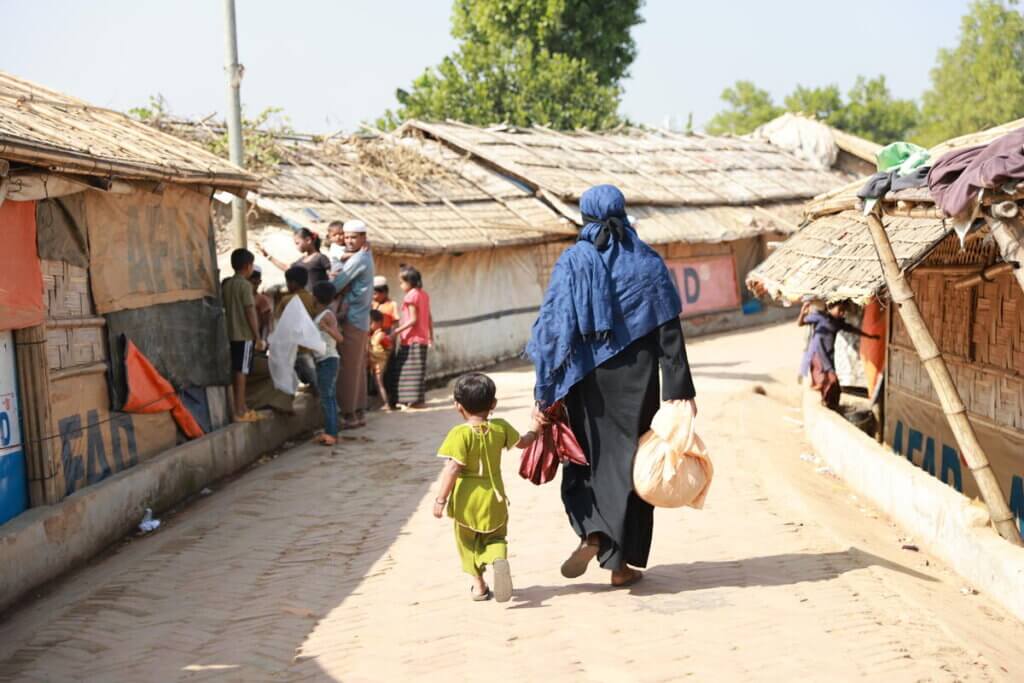
Right now, there are over 117 million people around the world who have been forcibly displaced from their homes and livelihoods. The reasons for displacement vary drastically – from conflict to climate change – but one thing that remains constant is that these people are surviving catastrophic and often tragic situations. Oftentimes, those who have fled danger are exhausted, malnourished, and in poor health.
That’s why we have made reaching displaced people with care one of our top priorities. From operating full-time health clinics in refugee camps to deploying mobile health units for those fleeing danger, we deliver vital sexual and reproductive healthcare to as many people as we can reach.
In honor of World Refugee Day this month, we’re defining the various legal definitions of displaced people and sharing personal anecdotes from people that your support has allowed us to aid.
Who is considered a refugee?
Refugees are a group of people protected under the 1951 Refugee Convention. The official definition outlined is “any person who, owing to a well‐founded fear of persecution for reasons of race, religion, nationality, membership of a particular social group or political opinion, is outside the country of his or her nationality…and is unable or, owing to such fear, is unwilling to return to it”.
In other words, a refugee is a person who has fled their country to escape conflict, violence, or persecution and has sought safety in another country. Refugees are one of the most vulnerable groups of people in the world and are granted a set of special protections. Right now, there are 37.6 million refugees worldwide – 40% of which are children.
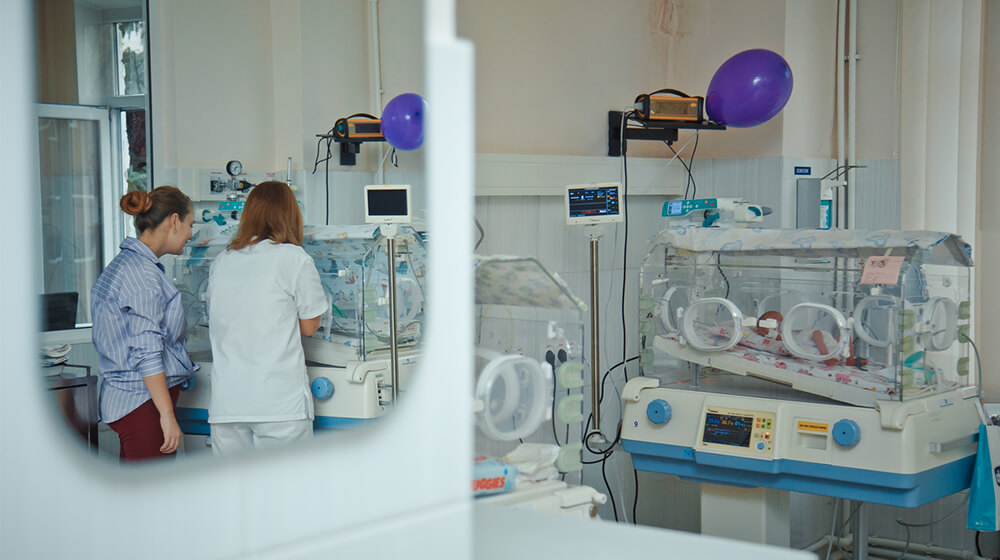
One of the largest refugee crises that we are facing now is outside Ukraine. When we spoke with Alina, a Ukranian refugee who fled to Moldova, she told us that, “My biggest wish for the New Year is for my baby to breathe – just continue breathing.”
Alina was 6 months pregnant when Russia invaded Ukraine. She made the difficult decision to flee her hometown for the safety of Moldova – where 116,000 Ukrainian refugees now reside. She knew the journey would be difficult, but she could’ve never anticipated what a strain the trek would have on her physical and mental health. Shortly after making it across the border, Alina went into labor – three months early.
“I remember my baby was the size of the palm of my hand.”
Tragically, Alina’s experience is not uncommon. In Armenia, where 100,000 people have made the decision to flee in the face of reignited violence, half of all pregnant women crossing the border are giving birth prematurely. In response, the healthcare systems in countries that are taking an influx of people begin to face strain – but thanks to our supporters, we can be there to help.
We were there for Alina and provided her son with the best care possible. Right now, we’re supporting 32 safe places and 11 mobile health teams across Moldova to help support the influx of Ukrainian refugees.
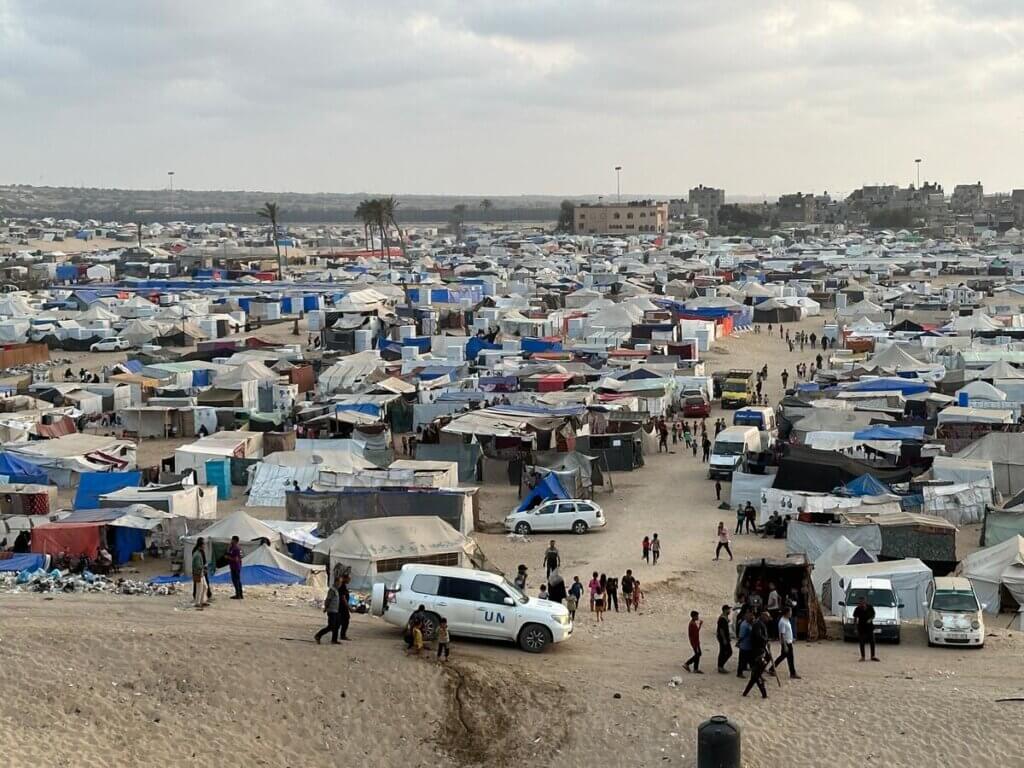
Who is considered an internally displaced person (IDP)?
An internally displaced person (IDP) is a person who has been forced to flee home for the same reasons as a refugee but remains in their own country. While IDP’s require protection as well, they do not receive the same international protections and aid as refugees, because they’re still within the jurisdiction of their national government. Right now, there are 68.3 million IDPs.
Some of the worst displacement crises in the world include Sudan, where 8.8 million people have fled, and Palestine, where over 1.7 million people have been internally displaced. In each crisis, famine has taken hold and childbirth has become one of the most dangerous experiences to endure.
“We have reached a stage where we have to choose which babies will live,” Dr. Al-Shaer shared with us from Gaza. Now, no hospitals remain in Rafah, where an estimated 1.4 million live. In the field hospitals that have been resurrected, babies are born tiny so often that doctors are now placing 4 or more infants in an incubator. Often, none of them survive.
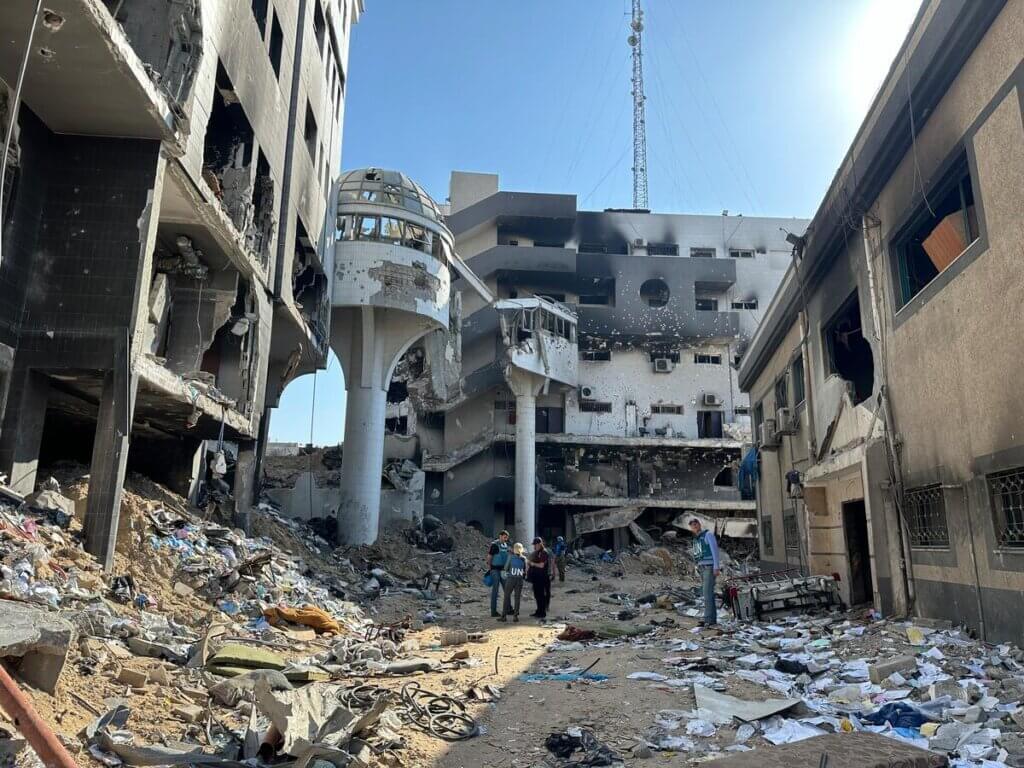
For millions of displaced people, food and water are hard to come by – quality healthcare is nearly impossible. That’s why we’re rushing to fill the gaps and provide lifesaving care to all.
In IDP camps in Gaza, we’re distributing thousands of Dignity Kits, which include essential supplies to help women and girls manage their periods, and have launched our first mobile maternity unit to help handle emergency obstetric cases. In Sudan, we’ve reached more than 100,000 people with reproductive health and medical services and more than 600,000 people with violence response as incidents of sexual violence skyrocket for those fleeing their homes.
“They offered us a lifeline,” Amina, a displaced woman in Sudan who UNFPA reached with violence response and prevention services, told us.
“The feeling that there is someone who cares about you, especially as a displaced person, means so much,” said Samia, another woman from Sudan.
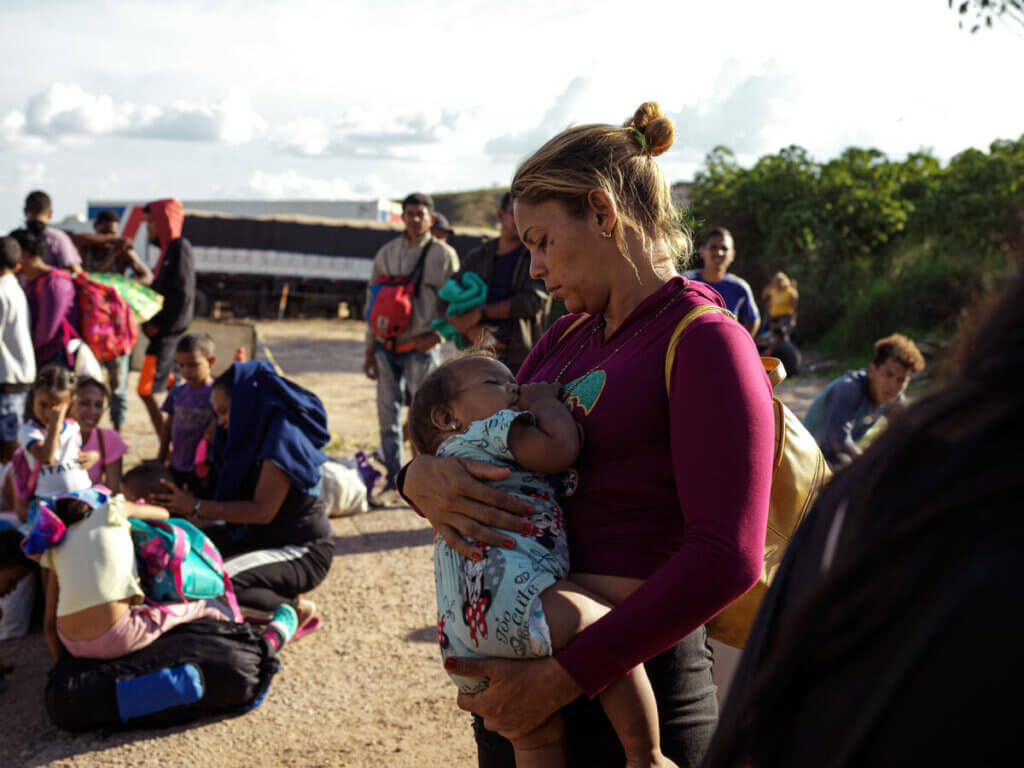
Who are asylum seekers, migrants, and immigrants?
Other terms that often come up when discussing people who are no longer in their countries of origin are asylum seekers, migrants, and immigrants.
To put it simply, asylum seekers are people who have left their countries and are seeking protection – but have not yet been legally recognized as refugees. People who are seeking asylum in a country do so by applying for it, which a country is required to review in “due time”. “Due time” can vary drastically from country to country, sometimes taking more than a decade to process. Right now, there are 6.9 million asylum seekers.
There is no internationally accepted legal definition of migrants, but it is generally understood that migrants are people living out of their country of origin who are not asylum seekers or refugees. Migrants are people who were not forced to leave their native countries due to persecution but are instead seeking better opportunities. Many migrants may also be leaving due to a host of issues in their home countries, such as political unrest, poverty, gang violence, and more – but they do not have the same protections as refugees and asylum seekers.
Immigrants are people who have made the conscious decision to leave their home countries with the intention of settling in a different country. Immigrants are free to return to their countries of origin as they like and often go through a lengthy legal process to gain immigration status.
Thanks to your support, we are out on the ground every day meeting displaced people where they are. We are reducing maternal deaths in refugee and IDP camps worldwide and are reaching people in active crisis with lifesaving care no matter what. Thank you to our supporters for making this vital work possible day in and day out.